Navigating conflict within a church community can be a challenging experience, but it is essential for maintaining harmony and fostering growth. Understanding different perspectives and finding common ground is vital in resolving disputes amicably and respectfully. This letter template serves as a helpful guide, encouraging open dialogue and healing within the congregation. Join us as we explore effective strategies for conflict resolution that can strengthen your church community and enhance relationships.
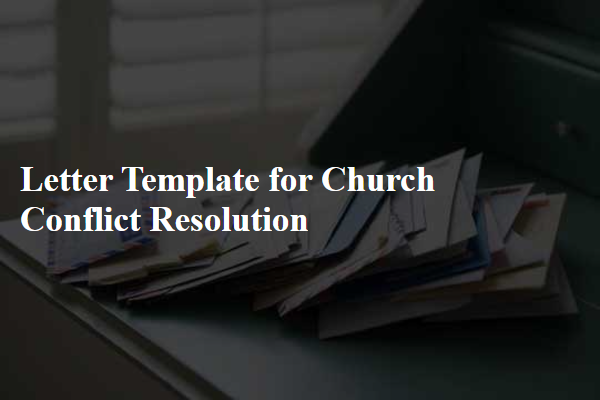
Acknowledgment of Issue
Conflicts within religious communities can arise from various sources, leading to misunderstandings and strained relationships among members. Effective acknowledgment of a conflict involves recognizing the specific issue, such as differences in beliefs or practices, poor communication, or leadership disputes. This process often begins with an open dialogue, ideally facilitated by a neutral party, to ensure that all perspectives are heard. Documenting specific events that led to the conflict, such as disagreements during meetings or misinterpretations of teachings, can help clarify the situation. It is essential to approach this acknowledgment with compassion and a genuine desire for reconciliation. Creating a safe environment where individuals can express their feelings and concerns fosters a sense of unity and healing within the congregation.
Expression of Empathy
Understanding the complexities of interpersonal relationships within church communities is essential. Conflicts can arise due to differences in beliefs, communication styles, or personal experiences. Empathy plays a crucial role in addressing these conflicts. Recognizing the emotional landscape that individuals navigate (such as frustration, disappointment, or anger) often helps bridge divides. Church leaders can facilitate discussions that validate feelings and demonstrate an understanding of diverse perspectives. This approach creates a safe environment, fostering healing and unity among members. Consistently practicing empathy can transform conflicts into opportunities for growth and deeper connections within the congregation.
Biblical or Spiritual Guidance
Resolving church conflicts effectively can find support through various biblical principles and spiritual practices. The teachings found in Matthew 18:15-17 emphasize the importance of addressing disagreements directly and privately before escalating to broader church leadership. This scriptural passage encourages interpersonal reconciliation through respectful dialogue. Additionally, Galatians 6:1 advocates for approaching conflicts with gentleness, fostering a spirit of restoration among church members. Engaging in prayerful reflection, as encouraged in Philippians 4:6-7, can provide clarity and peace, helping individuals navigate emotional challenges constructively. Seeking guidance from church leaders, such as pastors who might draw upon Ephesians 4:2-3, promotes unity in a community characterized by love, humility, and patience.
Proposed Solution or Path to Reconciliation
In the midst of church disputes, community members often seek constructive conflict resolution methods to foster unity and understanding. Establishing a mediation committee (composed of three to five impartial members) can facilitate discussions among conflicting parties, ensuring respectful dialogue. Creating a safe and non-judgmental environment in the church hall (capacity 100 people) can encourage open sharing of perspectives, addressing grievances from past events such as disagreements over financial allocations or the choice of community outreach programs. Regular meetings (suggested bi-weekly for six weeks) can help track progress and reinforce commitments to collaborative solutions, while prayer sessions (focused on healing and unity) can spiritually fortify the congregation during this process. Documenting agreed-upon resolutions in a shared church bulletin can provide transparency and foster accountability among members moving forward.
Encouragement for Unity and Healing
In communities like churches, conflict can significantly impact relationships and hinder spiritual growth. Active listening is essential in resolving disagreements among members. Biblical principles can guide these conversations, emphasizing love, forgiveness, and reconciliation. Gathering for prayer meetings can foster an environment conducive to healing. Church events, such as retreats or workshops focusing on conflict management, provide platforms for open dialogue. Furthermore, involving neutral parties, like experienced counselors or elders, can help mediate discussions, ensuring all voices are heard. Unity can be restored through shared worship experiences, reinforcing the collective mission of the congregation to promote peace and harmony. A focus on common goals can bridge divides and create a stronger, more resilient community, beneficial to every member.

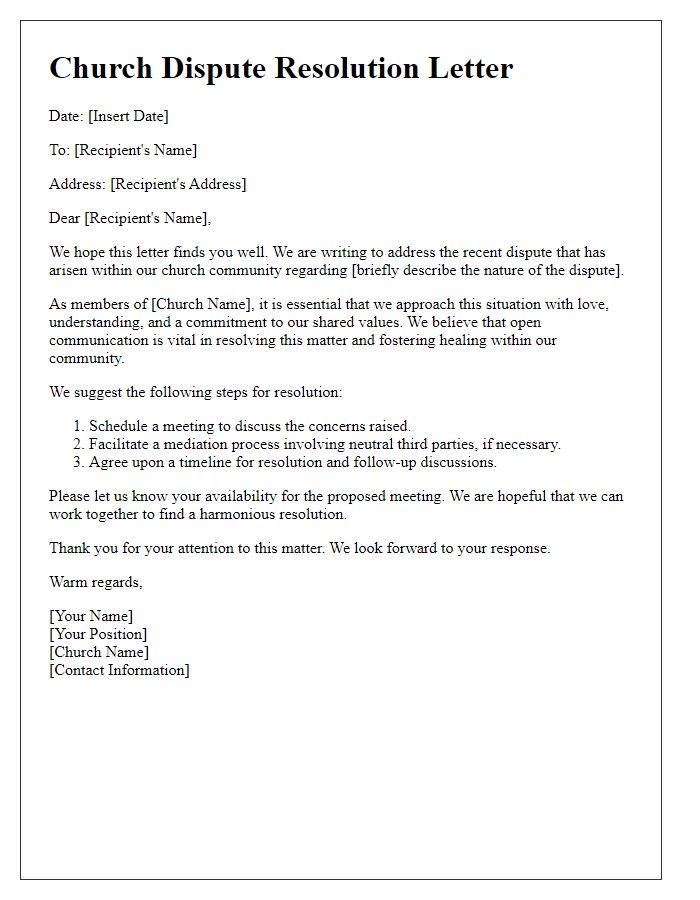
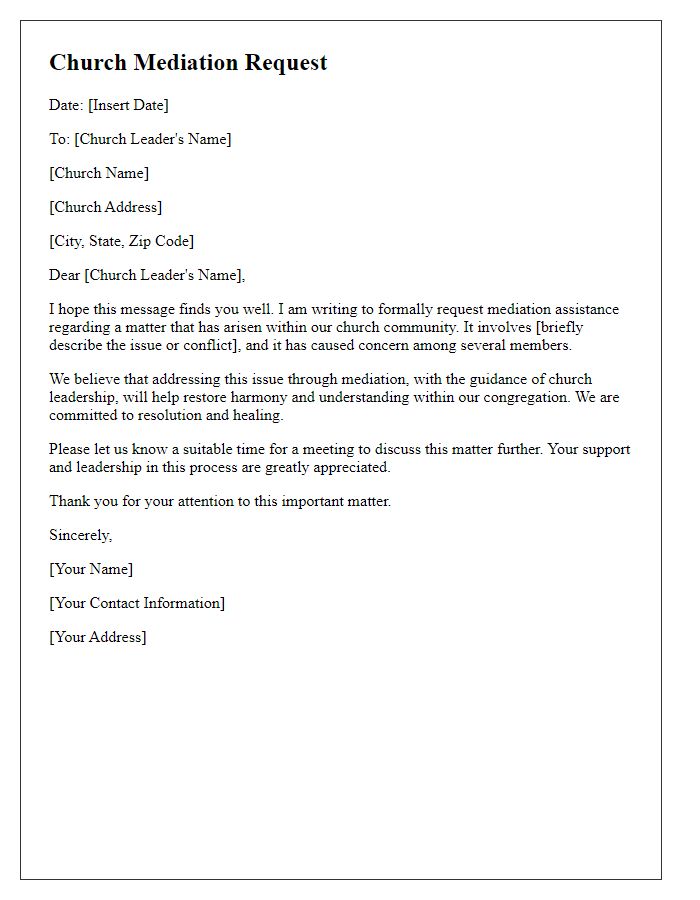
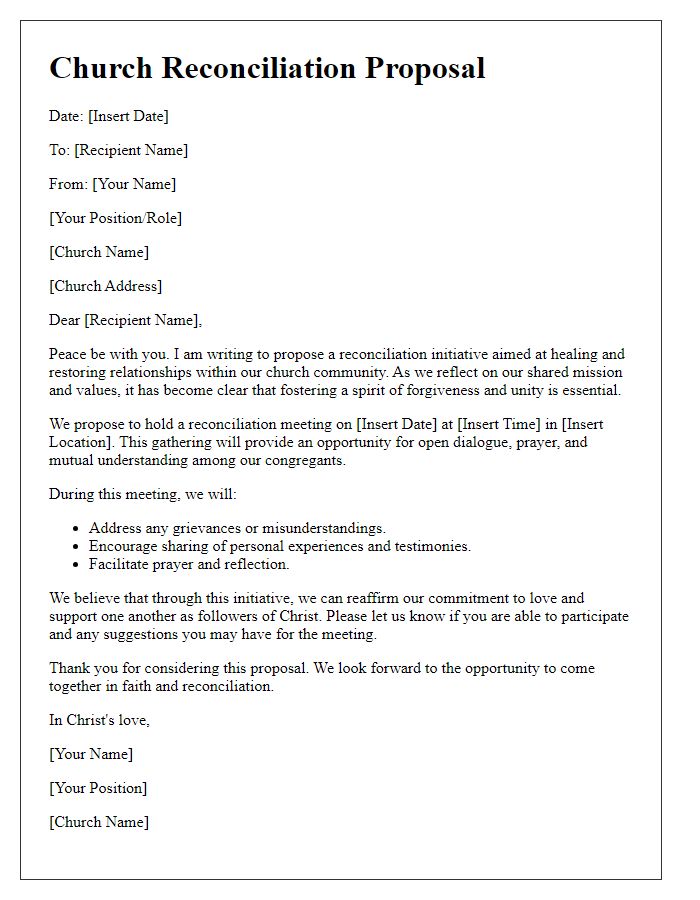
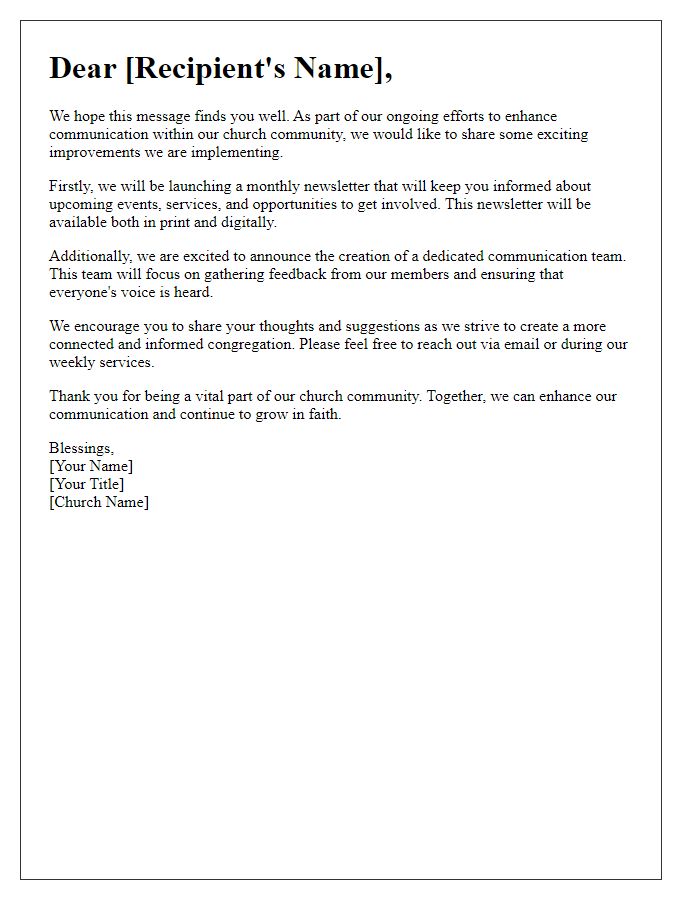
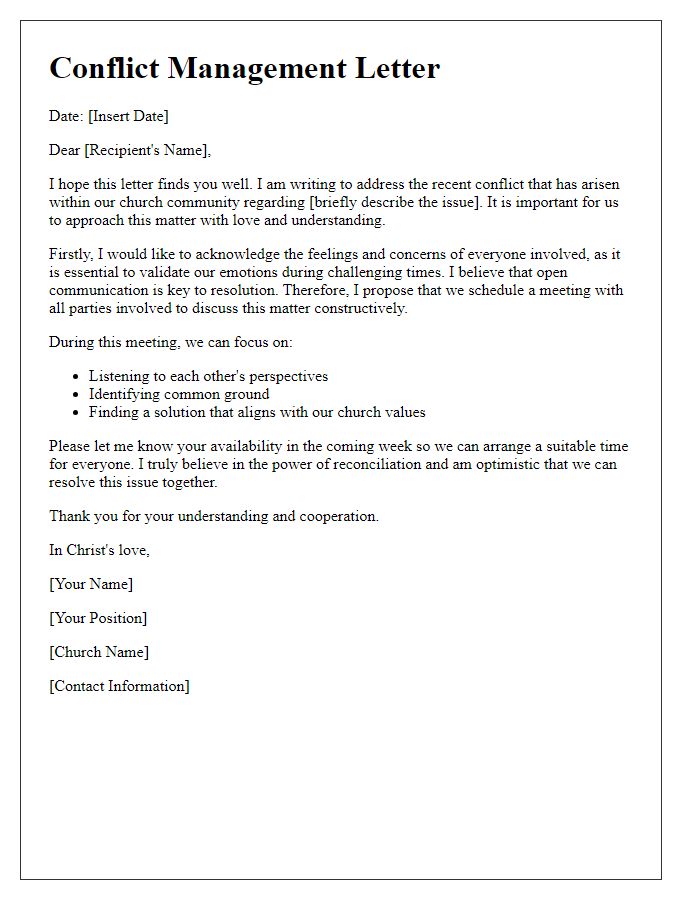
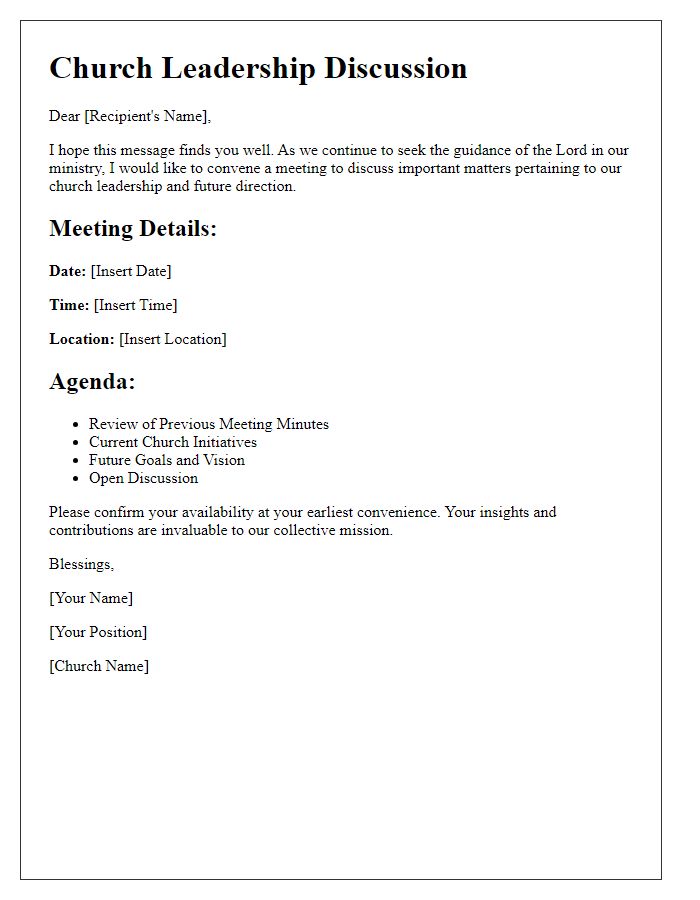
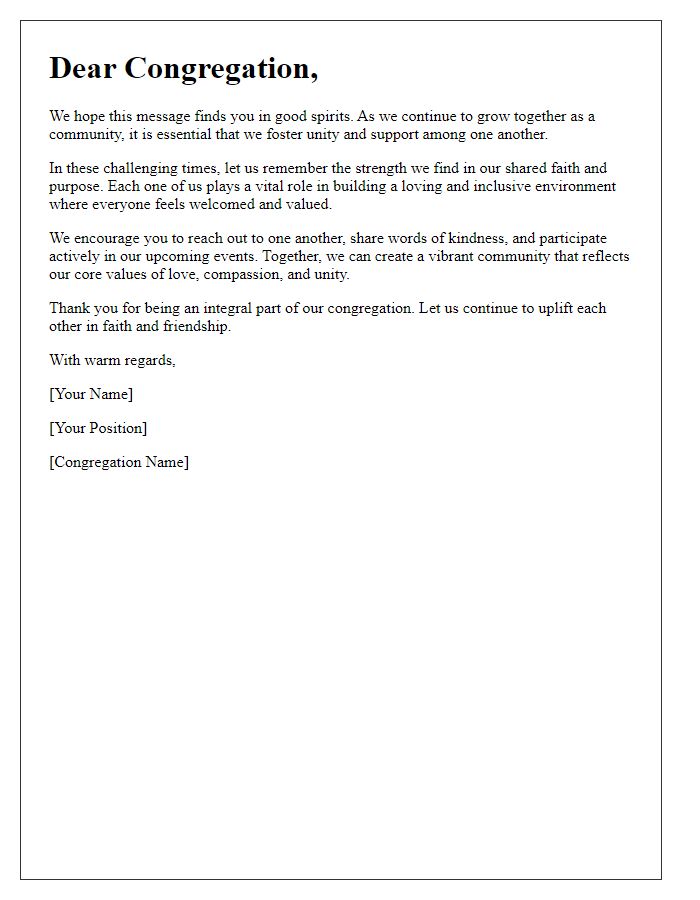
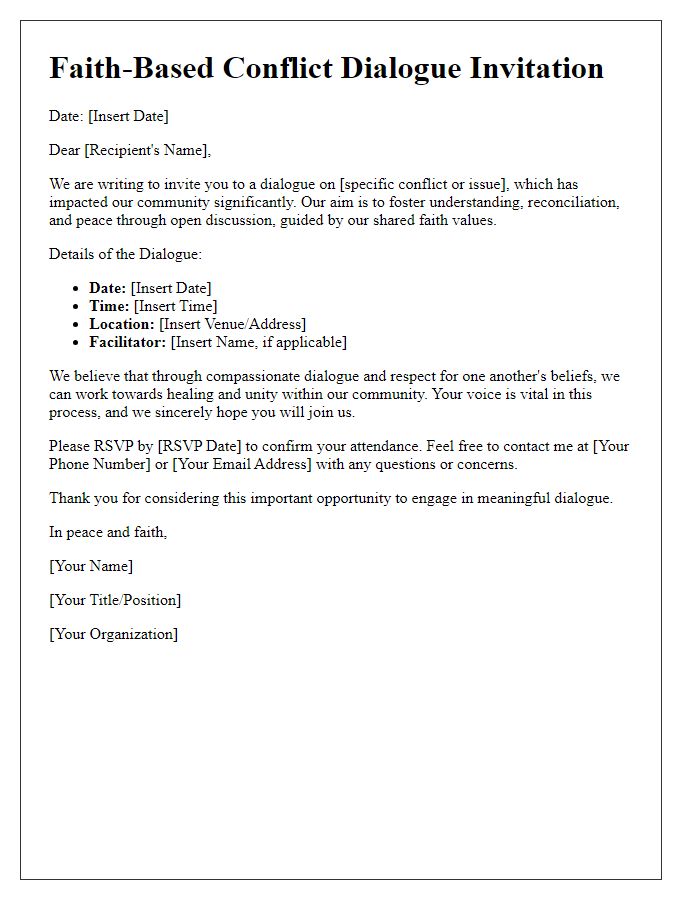
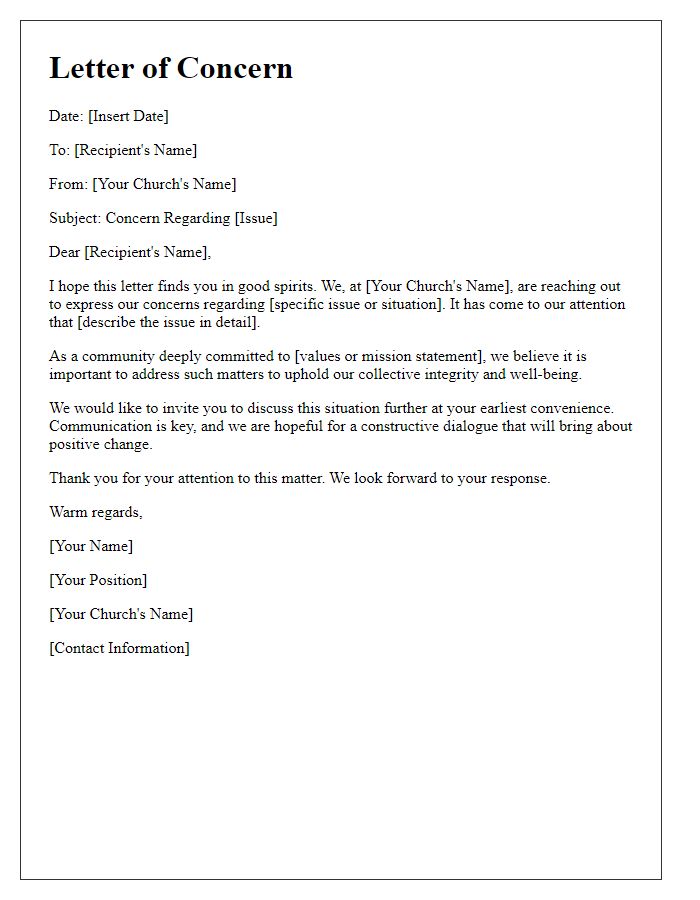
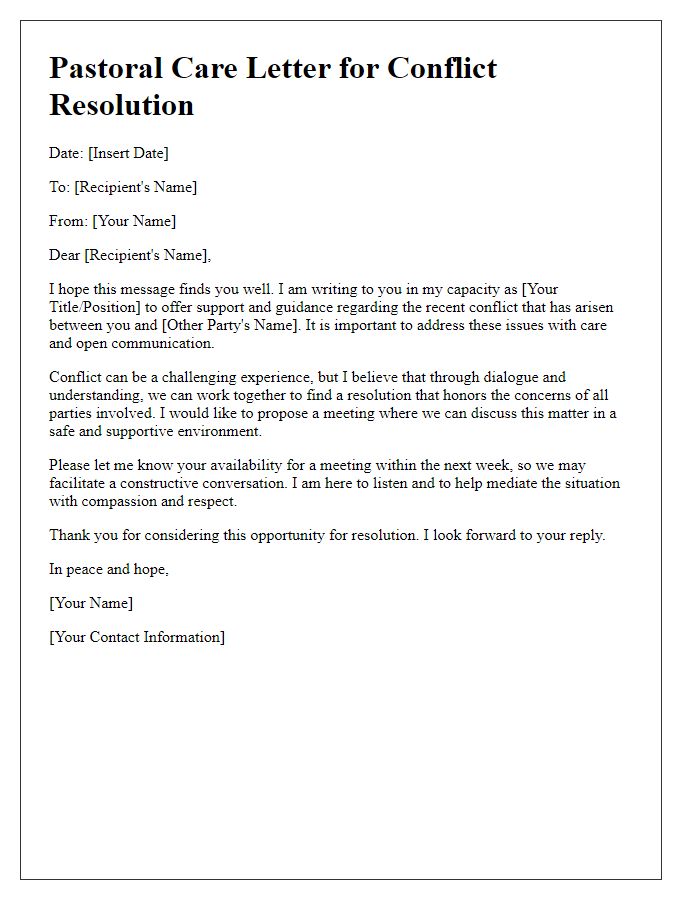


Comments